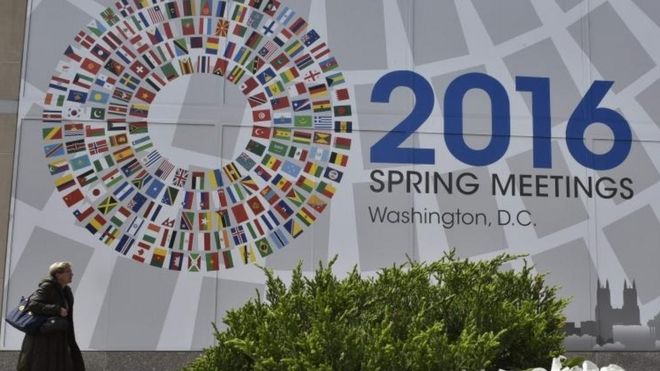 B
BPrime Minister David Cameron should, if the pollsters and bookmakers are right, win his campaign to keep the U.K. in the European Union. But if things go wrong between now and the June referendum his biggest challenge will be to persuade the poor, for whom he has done little, that Brexit won't make them better off.
The economic case for leaving the EU has an apparent logic: Withdraw and the U.K. will be unshackled, free to do business with whomever it pleases and to tap into demand from fast-growing economies, such as China. In reality, Britain’s existing arrangements are already favorable to trade and there is little reason to believe they would remain as good post-Brexit. The empirical evidence is clear: Membership of the EU has lifted trade and incomes, and that has not come at the expense of relationships with nations outside the single market. For those seduced by the promise of new trade opportunities, disappointment beckons.
A sense of nationalism is also likely to drive some towards the exit and immigration may be the main motivation for others. About 4 million more people arrived in the U.K. than left between 1990 and 2014, and that has affected some of those already here more than others. Again, the evidence is clear. Migration has pushed down on earnings for those at bottom end of the distribution, even as it has lifted pay at the top. It’s little wonder that those in the lower social class bands aremost likely to vote to leave the EU.
Doing so would be unlikely to improve their prospects, however. It’s possible that migration flows would be slower if Britain left the EU, but that would depend on whether the government was willing to close the door -- perhaps at the cost of market access. More importantly, the benefits that may accrue to workers thanks to less competition in the labor market are likely to be more than offset by the broader costs associated with the economy being smaller. It is unlikely that any income group will benefit from leaving the EU.
With opinion polls suggesting a tight race, the danger is that momentum in the Remain campaign stalls in the run up to the referendum. The big guns have already been fired: U.S. President Barack Obama has spoken and the Treasury has published its most important analysis. So how can the government limit the risks?
It was always going to be hard to persuade nationalists of the merits of EU membership. But here, the government can learn from former Prime Minister Gordon Brown. Ahead of the Scottish independence referendum in 2014, he recognized that a campaign focusing on the good aspects of the union had a better chance of success than dwelling on the costs of leaving. His patriotic intervention in support of the U.K. is credited with reaching parts of the electorate others didn't. The conclusions for pro-EU campaigners to draw for June's referendum are clear.
The government has already appealed directly to those who expect the economy to be bigger outside of the EU. In a lengthy analysis , the Treasury put the long-term cost of leaving the EU at 6.2 percent of gross domestic product. That will probably have influenced the decision of some would-be leavers. The trouble is that everyone expected the Treasury to say the costs would be enormous and so, valid or not, many will regard its estimates with suspicion. Estimates by Bloomberg Intelligence put the trade benefit of remaining in the EU at as much as 2 percent of GDP – smaller than the Treasury’s analysis suggests, but still material. The government plans to publish a further analysis, which will probably suggest that Brexit's short-term implications for the economy are dire.
Hardest of all to reach will be those who believe they get a raw deal from the current system. The government is ill-placed to persuade them of anything, because rather than compensating those affected most by the free movement of labor in the EU, it has in recent years punished them. The burden associated with the government’s austerity program has fallen disproportionately on those households at the bottom end of the income distribution. Naturally, that group is distrustful of the government and will take the most persuading that their interests are best served by keeping the existing arrangements.
Cameron may be hoping that enough has been done to secure Britain’s place in the EU, and it probably has; fear of the unknown should sway undecided voters to keep the U.K. where it is. Still, if momentum in the Remain campaign falters, the opinions of voters ill-disposed towards the government will suddenly become crucial.
This column does not necessarily reflect the opinion of the editorial board or Bloomberg LP and its owners.







